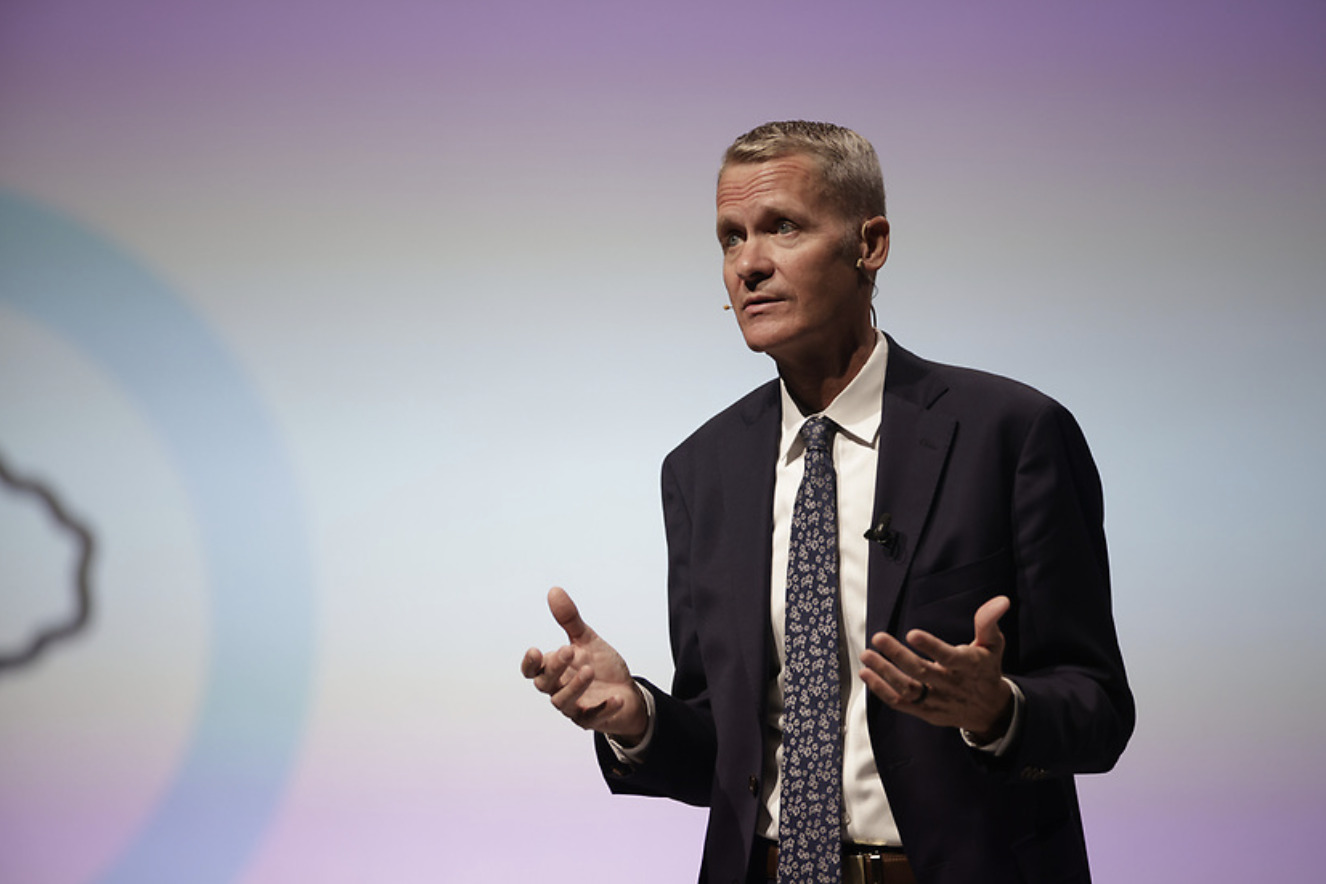
BYU public health professor Carl L. Hanson shared three ways to address and improve mental health during the school’s forum on July 26 at the de Jong Concert Hall.
Hanson’s three methods were: (1) to say something, (2) to know something and (3) to be something when it comes to mental health and strengthening others during college years.
“To say something about mental health, we need to first say something about mental illness,” Hanson said.
Hanson said in spite of the terms “mental health” and “mental illness” being often used interchangeably, they don’t necessarily mean the same thing.
“Mental health is not simply the opposite of mental illness,” Hanson said. “Mental health exists on its own continuum and we can flourish and achieve optimal mental health or languish whether we have been diagnosed with a mental disorder or not.”
Hanson cited a study stating that more than 600 individuals die yearly from suicide in Utah and that suicidal ideation in college students has increased 64% since 2013. He also said that according to Mental Health America, more than half of the total adults in the U.S. and half of Utahns with mental illness received no treatment.
“There are likely two reasons for this,” Hanson said. “A lack of access to mental healthcare due to lack of insurance, fewer provider options and cost of care and a personal choice not to utilize the services because of the stigma related to obtaining treatment.”
Hanson said that although suicide itself is not a mental disorder, mental disorders are one of the most important causes of suicide. “For those in suicidal crisis or emotional distress, help is immediately available through several incredible resources,” Hanson said.
Hanson referred to the new National Suicide Prevention Lifeline which is accessible in every U.S. state by dialing 988, the SafeUT app and BYU’s Counseling and Psychological Services as some of the resources available to BYU students looking to strengthen and improve their mental health.
“We all can be a part of the solution,” Hanson said.
Hanson said one thing to know about mental illness is it is not a result of sin. He referred to the story of Jesus Christ healing the blind man and the moment his apostles asked whether the man or his parents had sinned and caused him to be born blind. Christ responded, “Neither hath this man sinned, nor his parents: but that the works of God should be made manifest in him.”
“Indeed, the root cause of mental health challenges, whether mental illness or languishing, are complex,” Hanson said.
Hanson said there are certain “risk factors” which make an individual more likely to experience problems with mental health. On the contrary, there are also “protective factors” which make an individual more resilient against mental health challenges.
Among some of the risk factors he studied, Hanson said “an attitude of perfectionism” was commonly correlated with higher levels of depression and anxiety in college students.
“Our findings from these studies and others are contributing to a growing body of literature on the many risk and protective factors related to mental health,” Hanson said. “Much of this work points to the powerful influence of context and our interactions with others in settings like home, school and communities.”
Finally, Hanson said saying something and knowing something about mental health was not enough to achieve optimal mental health.
“To achieve optimal mental health, be our best self and flourish, we must ‘be something’ as well,” Hanson said.
Hanson also encouraged students to pursue being “wellness wise” as an aspect of BYU’s mission statement. “If we look at it closely, our mission statement makes wellness and thus optimal mental health everyone’s business,” Hanson said.
Above all, Hanson said pursuing wellness is a “whole campus responsibility” and as an institution, BYU students can work to build conditions where all can achieve optimal mental health and flourish.




